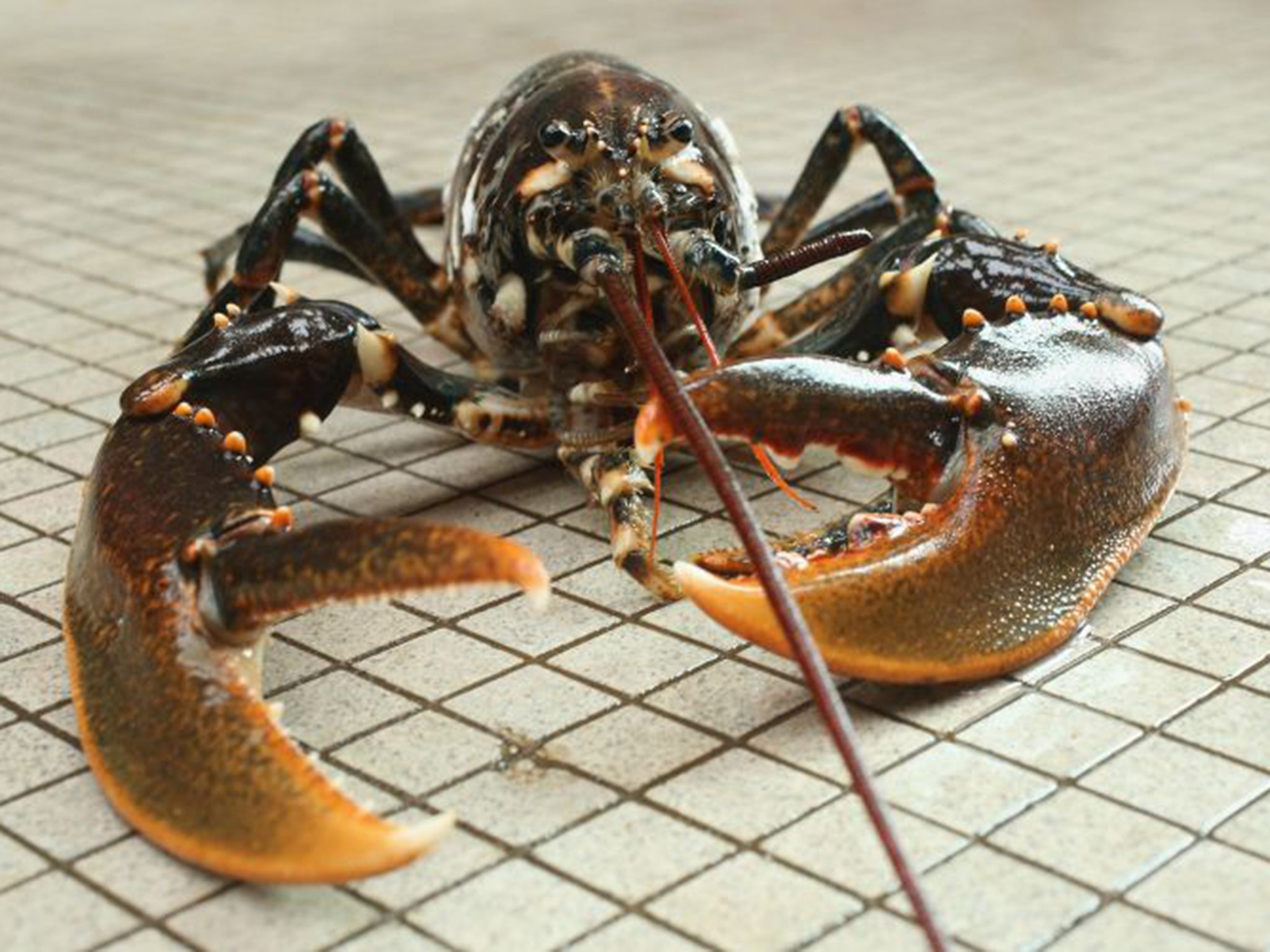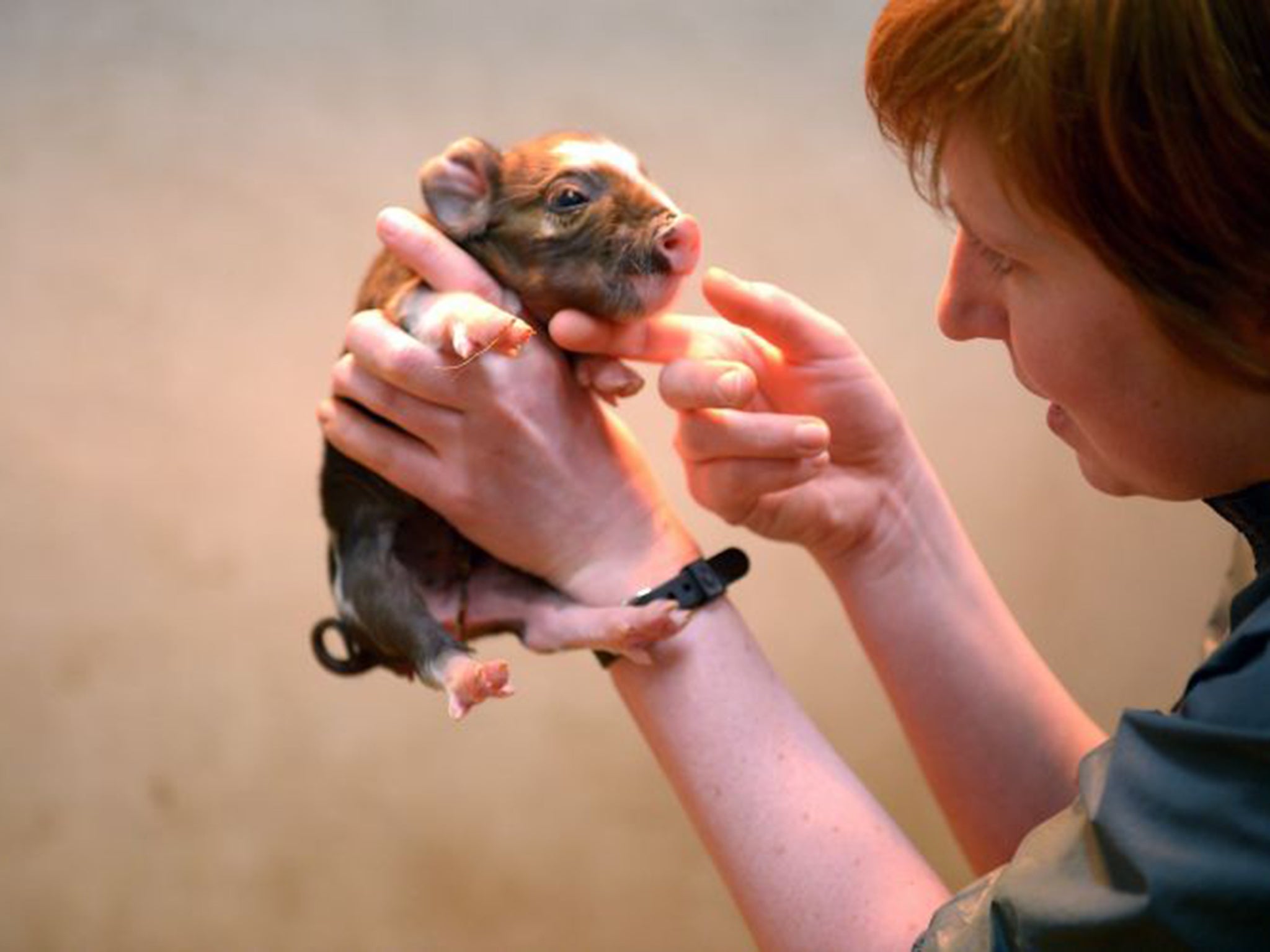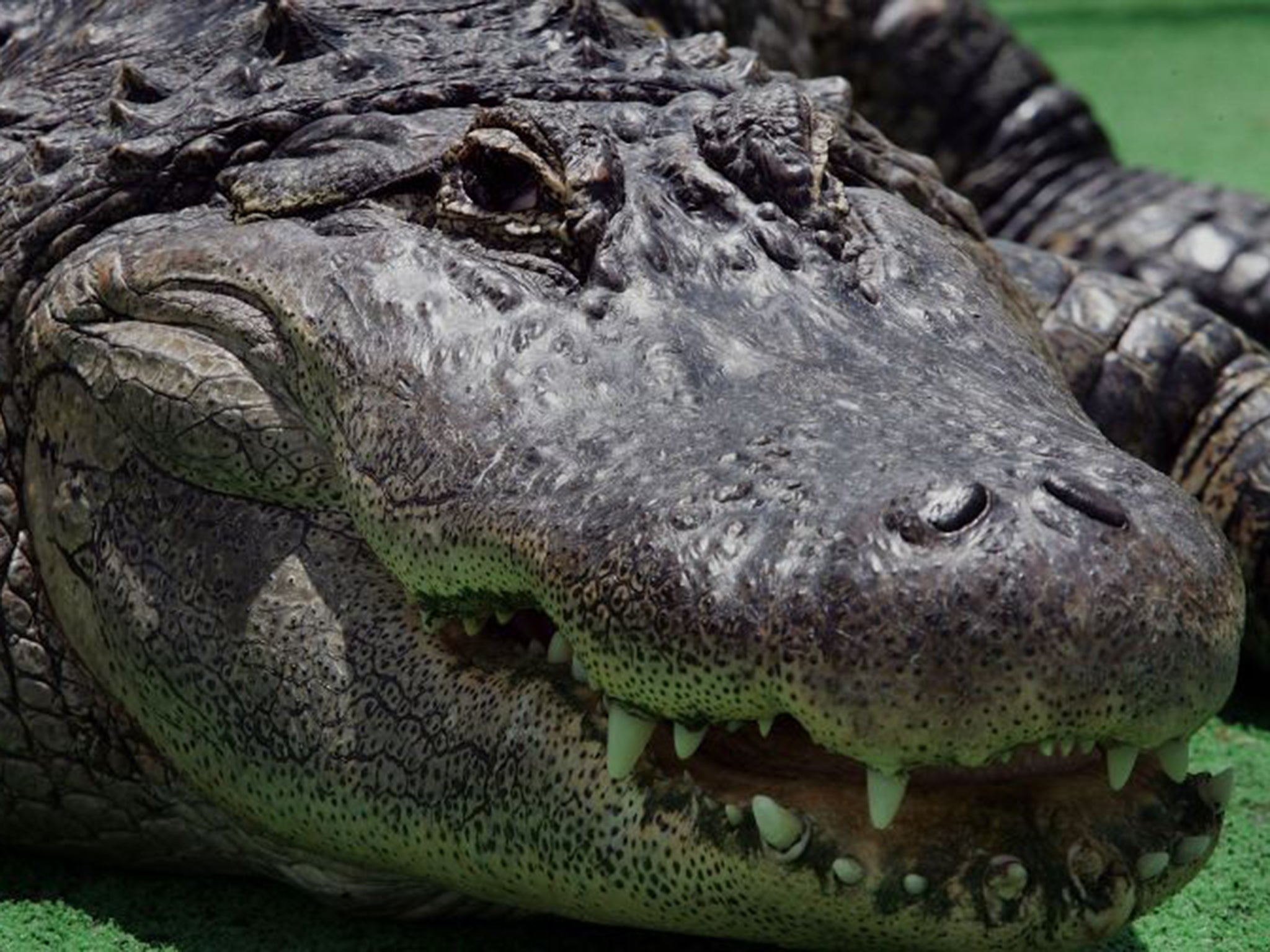How lobsters have pinched the hearts of British men
Men found to be more likely to have sympathy for heroic or creepy animals

Your support helps us to tell the story
From reproductive rights to climate change to Big Tech, The Independent is on the ground when the story is developing. Whether it's investigating the financials of Elon Musk's pro-Trump PAC or producing our latest documentary, 'The A Word', which shines a light on the American women fighting for reproductive rights, we know how important it is to parse out the facts from the messaging.
At such a critical moment in US history, we need reporters on the ground. Your donation allows us to keep sending journalists to speak to both sides of the story.
The Independent is trusted by Americans across the entire political spectrum. And unlike many other quality news outlets, we choose not to lock Americans out of our reporting and analysis with paywalls. We believe quality journalism should be available to everyone, paid for by those who can afford it.
Your support makes all the difference.They are ugly, secretive and painful to cuddle. Yet despite – or perhaps because – of their repellent traits, lobsters hold a unique appeal for British men, new research has found.
A YouGov poll of 190,000 adults found that lobsters were unusually popular among British men when their preferences were compared to those of women.
The survey, which examined the differing fondness of men and women for various creatures, found that lobsters were the animals where the difference between male and female affection was the most heavily weighted towards men liking them.
The next most “uniquely male” animals were alligators, followed by sticklebacks and sharks.

The top three creatures with a predominant appeal to British women were altogether cuddlier: miniature pigs, cats and ponies, followed by donkeys, chinchillas and pandas. This compared to the piranhas, rattlesnakes and scorpions which also featured in the top 20 “uniquely male” list.
Will Dahlgreen of YouGov said: “In general, men are more likely to have sympathy for heroic, aggressive or creepy animals while women are more likely to prefer the cute, beautiful and exotic types.”
It also seems that the lobster’s appeal to British manhood may lie with its menacing claws – said to be able to exert a pressure of up to 100 pounds per square inch – rather than its reputation for mating for life.
Mr Dahlgreen said: “Animals with violent defensive abilities – sharks, eagles and piranhas – are particularly favoured by men. There are no mammals in the top 20 most uniquely male animals, while every animal in the corresponding female list apart from the penguin and butterfly is mammal.”
It was also not immediately clear how many of the men who said they liked lobsters knew that the crustaceans will on occasion turn cannibal and eat their own kind. Or that their eating habits involve using hairs on their legs and feet to identify food.
Mr Dahlgreen did, however, explain that the YouGov data didn’t mean that lobsters were the most popular animals among British men or that miniature pigs were British women’s favourite creature. Instead, the statistics showed that, for example, “lobsters are unusually popular among men when you compare them to the preferences of the population as a whole”.

When the YouGov analysts turned from differences between men and women, and looked at the preferences of Britons as a whole, they found that the nation’s most popular animals were dogs, followed by tigers and elephants, which pushed cats into fourth place.
The least loved animals fell into the slimy or creepy crawly category, including eels, slugs, woodlice, cockroaches and earwigs.
Eels did, however, appeal significantly more to men than women, with a strong difference between the proportions of British males and females who liked the fish. Spiders were also more acceptable to men, coming tenth in the “uniquely male” list.
Join our commenting forum
Join thought-provoking conversations, follow other Independent readers and see their replies
Comments